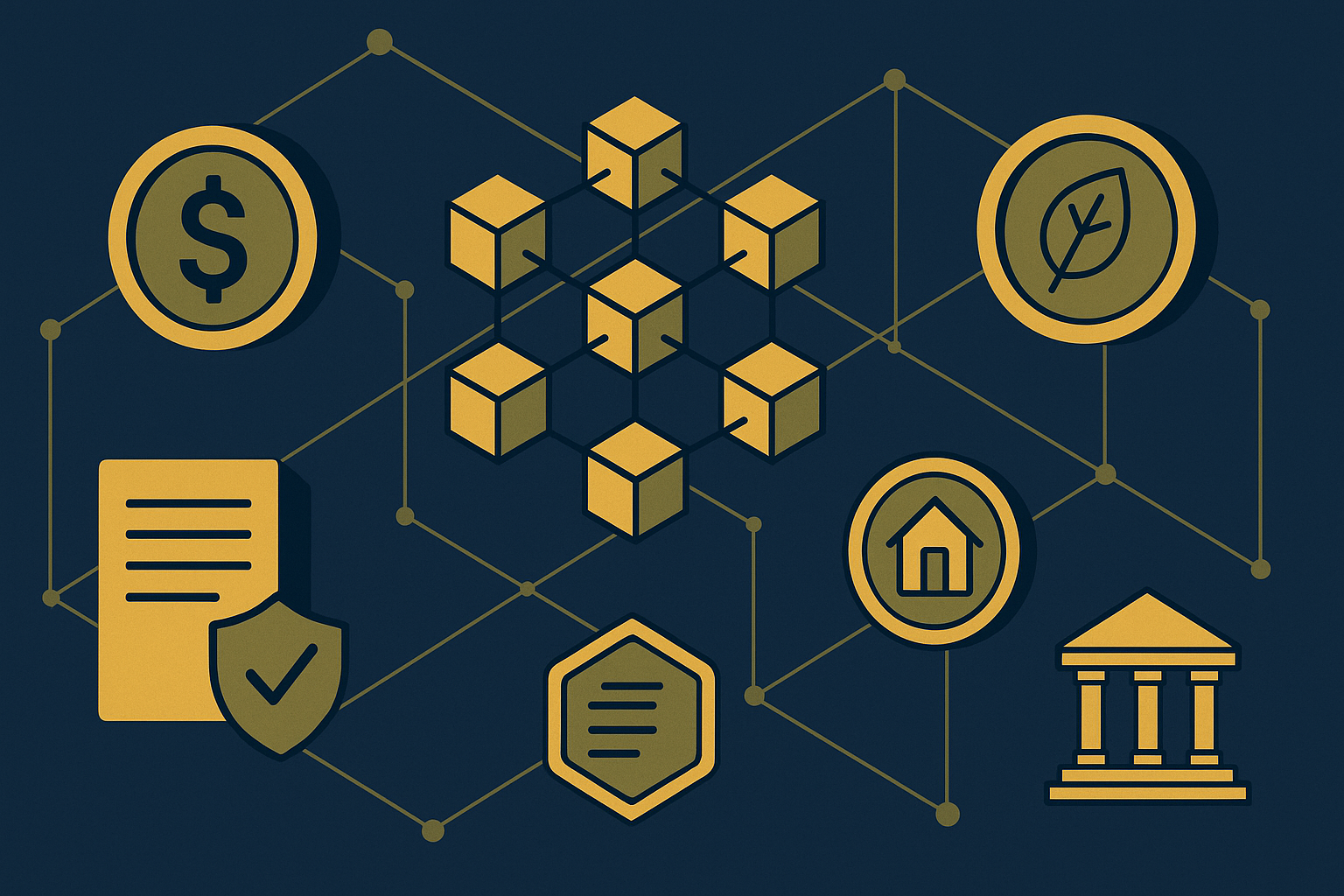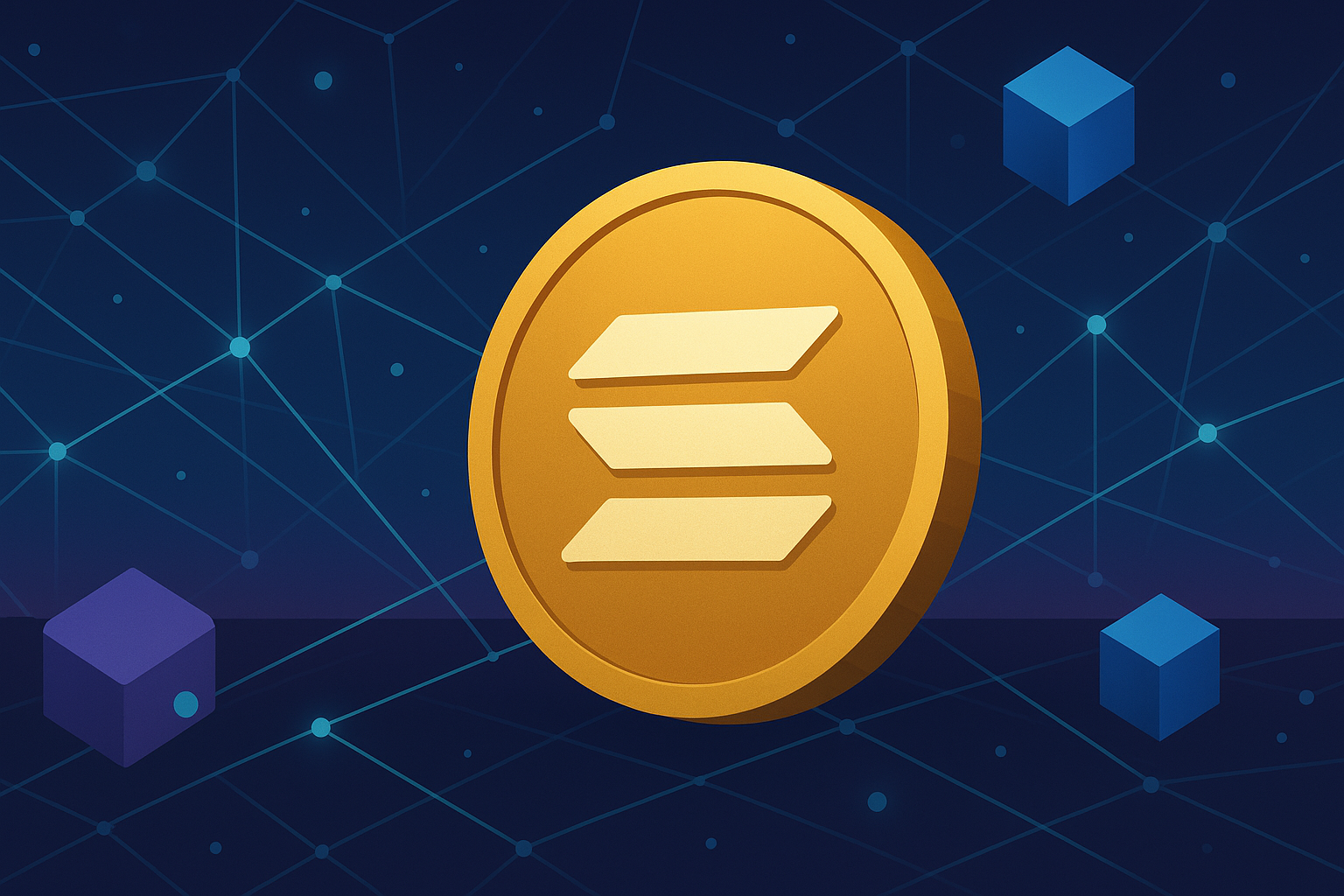
In the ever-evolving world of Web3 and blockchain innovation, Real World Asset (RWA) tokenization has emerged as a significant force. These tokens, backed by tangible assets like real estate, commodities, or invoices, are reshaping how value is represented and traded on-chain. However, the rise of RWA tokens has also revealed a marketing truth: generic crypto campaigns designed for meme coins, DeFi projects, or NFTs—are ineffective and even counterproductive for RWA-based offerings.
Specialized RWA token marketing is not just a niche approach—it’s a necessity. These tokens appeal to institutional investors, compliance-conscious markets, and long-term value seekers, not just speculative retail traders. As a result, the marketing playbook must evolve to match this paradigm. In this article, we’ll explore why RWA token marketing demands a distinct strategy, how it differs from conventional crypto campaigns, and how founders can unlock better ROI, trust, and traction through tailored efforts.
The Unique Nature of RWA Tokens: Why They’re Not “Just Another Crypto”
1. Tangibility and Transparency
Unlike purely digital tokens (e.g., meme coins), RWAs are backed by real-world value. A tokenized real estate asset represents actual land or property. A gold-backed stablecoin is tied to physical bullion. This underlying tangibility means:
Investor expectations shift toward audited reports, asset ownership rights, legal assurances, and stable returns.
Marketing must emphasize verification, not hype. Users care about where the gold is stored, how real estate deeds are held, or which insurer underwrites the assets.
2. Regulatory Overlap
RWAs often fall into gray or fully regulated zones:
Real estate tokens may require SEC compliance (Reg A, Reg D).
Invoice-backed tokens intersect with financial securities laws.
Gold or oil tokens could be regulated as commodity contracts.
A generic campaign promising “10x gains” would not only be misleading—it could lead to regulatory shutdown. Specialized RWA marketing focuses on compliance messaging, disclaimers, risk disclosures, and jurisdictional targeting.
3. Target Audience Profile
The demographic for RWA tokens skews differently:
Institutional investors, accredited individuals, and family offices dominate this space—not retail speculators.
They expect whitepapers, legal audits, use-case explainers, tax implications, and clear ROI timelines.
In contrast, general crypto audiences might respond better to memes, influencers, or hype-driven countdowns.
Why Generic Crypto Campaigns Fail in the RWA Context
Generic marketing often includes:
Airdrops for community growth
Meme-based virality
Influencer shills
Discord hype
“Wen moon?” tokenomics
These are great for community coins or social tokens but fall flat (or backfire) in the RWA sector for several reasons:
1. Misalignment of Expectations
Promising exponential price growth conflicts with the realistic returns RWA tokens offer. A real estate token offering 8–12% annualized returns isn't meant to pump overnight—it’s built for yield, not hype.
2. Community Composition Issues
Generic campaigns may attract:
Speculators
Bot farms
Airdrop hunters
These users are unlikely to stake, hold long-term, or care about the underlying assets. RWA projects require trust-based communities—those willing to invest after due diligence.
3. Lack of Industry Positioning
RWA tokens are often part of broader fintech or institutional narratives:
"Bringing real estate on-chain"
"Fractionalizing hard assets for liquidity"
"Decentralizing credit markets with invoice tokenization"
If the messaging doesn’t align with these high-value narratives, the project fades into the noise of the crypto space.
Core Pillars of Specialized RWA Token Marketing
Let’s examine how successful RWA token marketing campaigns structure their strategy differentiating themselves with clear intent and precision.
1. Education Over Emotion
RWA campaigns lead with education-first content, such as:
Detailed explainer blogs
Short-form legal and tax breakdowns
Tokenization lifecycle walkthroughs
Visual representations of asset flow
Instead of emotional hype, they rely on data-backed value propositions and long-form storytelling.
Example:
The gold-backed token PAXG (by Paxos) succeeded in part due to its transparent documentation, walkthrough videos, and institutional-grade FAQs rather than influencer hype.
2. Compliance-Focused Messaging
Regulatory clarity is a unique selling point. Effective campaigns often:
Publish legal opinion letters
Highlight KYC/AML procedures
Break down risk profiles for investors
Mention licensing (e.g., Cayman SPCs, Reg D exemptions)
Trust becomes a marketing pillar, not an afterthought.
3. Use-Case Positioning, Not Hype-Driven Launches
Instead of “Get in early for 100x,” RWA campaigns say:
“Diversify your portfolio with real-world assets”
“Earn passive income backed by invoices”
“Access fractional ownership of premium real estate”
The messaging focuses on utility, not speculation.
4. Targeted Channel Strategy
Generic Channels:
Discord Hype Rooms
Twitter Memes
Airdrop Announcements
RWA-Specific Channels:
LinkedIn thought leadership
Medium articles with case studies
Webinars and AMAs with finance professionals
YouTube explainers and legal overviews
Paid placements in fintech newsletters
This refined channel mix ensures the campaign reaches decision-makers, not just speculators.
Case Study Comparisons
Case 1: Tangible Assets vs Speculative Coins
Project A (RWA): A real estate tokenization platform offering fractional access to luxury apartments in Dubai.
Campaign:
Whitepaper with valuation methodologies
Monthly rental income shared as yield
KYC + jurisdictional targeting
PR in Real Estate Investment Digest
Result: Raised $4M from 800 accredited investors.
Project B (Generic): A meme coin with dog branding and a vague roadmap.
Campaign:
Twitter influencer blitz
Airdrops and retweet contests
Rapid token listing on DEXs
Result: Peaked in 2 days, rug-pulled in 1 week.
Lesson: Sustainability and audience alignment matter.
Metrics That Matter in RWA Token Marketing
Traditional token campaigns chase:
Telegram member count
Twitter followers
Number of wallets holding $10
RWA marketing tracks:
Number of accredited investors onboarded
Capital allocation per investor
Jurisdictional distribution
KYC completion rates
Token lock-in periods
How to Design a Winning RWA Token Marketing Campaign
Here’s a breakdown of a high-performing RWA token campaign strategy:
1. Pre-Launch
Market research: Map the demand for the RWA type (e.g., luxury condos, solar farms).
Legal audit: Get third-party validation and publish legal summaries.
Positioning: Define messaging pillars — yield, security, transparency.
Website: Prioritize trust-building elements (team bios, real asset images, audit links).
2. Launch
Community activation: Hold AMAs with founders and legal counsel.
Influencer collab: Partner with fintech or real estate influencers (not crypto meme pages).
Paid campaigns: Targeted LinkedIn Ads or Google Search Ads for “fractional real estate investing”.
Platform partners: Collaborate with trusted custodians or DeFi interfaces.
3. Post-Launch
Monthly updates on asset performance
Yield distribution reports
Re-engagement via newsletters
Expand secondary market accessibility (compliant DEXs or P2P portals)
The Future of Web3: Moving Beyond Meme-Driven Campaigns
As the Web3 space matures, the spotlight is shifting from hype to use-case relevance, legal clarity, and sustainable economics. Tokenized RWAs sit at this new frontier. They bridge DeFi with TradFi, attract serious capital, and offer real-world impact—whether that’s unlocking liquidity in emerging markets or creating passive-income instruments.
Generic marketing won't cut it here. The future belongs to precision marketing, guided by industry context, legal nuance, and investor psychology.
Conclusion
The success of RWA tokens in today's maturing crypto landscape hinges not just on product strength but on how they're marketed. Specialized RWA token marketing strategies outperform generic crypto campaigns because they are built for trust, education, compliance, and long-term value capture not hype cycles.
As the tokenization of real-world assets becomes more mainstream, projects that embrace this tailored marketing approach will stand out—not just for their innovation but for their ability to connect meaningfully with the right audience. In a world increasingly wary of crypto speculation, credibility becomes the ultimate currency—and specialized marketing is how you earn it.









Write a comment ...